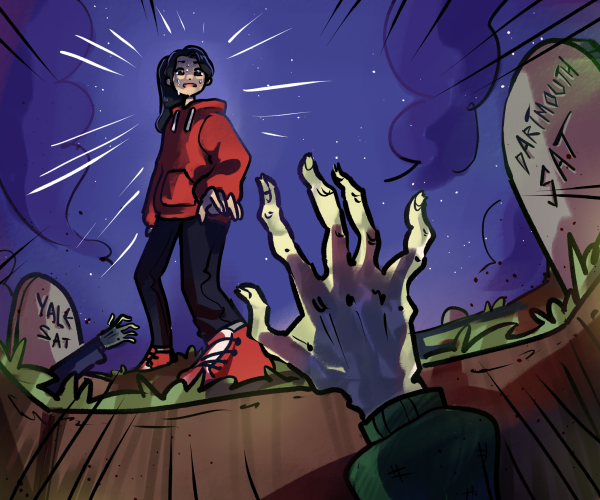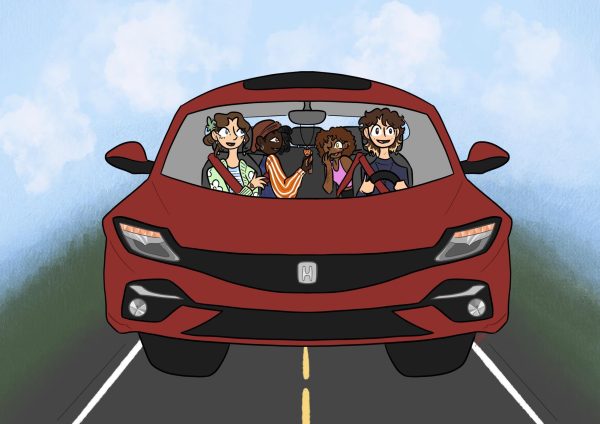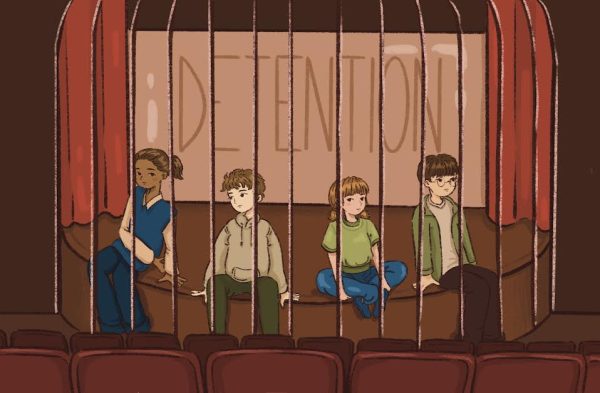Video games cause teen violence
Although video games are becoming more popular, some claim that these games have no impact on the average teenager.
But the truth of the matter is that violent video games have a huge bearing on the psychological and ethical makeup of a teenager’s mind.
Studies show the average youth between the age of eight and 18 spends more than 40 hours per week playing video games. Playing video games very often causes something that psychologists call desensitization, which means a person has a decreased emotional response to a negative stimulus when repeatedly exposed to it.
Basically, this means that the more teenagers shoot other people in the face in video games, the less serious shooting someone will become in their mind, even in the real world. As a result, video games have a high effect on the cognitive processes of the mind.
Before a person plays violent video games, his cognitive processes most likely view murder and other violent acts as something horrible and inhumane. But after playing “Call of Duty” or other violent games repeatedly, these people will view such acts of violence as unimportant.
A study titled “The effect of video game violence on physiological desensitization to real-life violence” by Nicholas L. Carnagey, Craig A. Anderson, Brad J. Bushman reveals the negative effect video games have on the teenage psyche.
This link between violence in the virtual realm and violence in the real world is tested in three ways in the study.
The first is experimental: Random people are taken to participate in either a violent or a non-violent media piece. They are later tested to see how aggressive they are. This shows a small, or ‘causal’, link between violent media and aggression directly afterward.
The second is cross-sectional correlation: People are asked what kinds of movies they watch and what video games they play at one point in time. They are then tested for aggression. This shows the causal link between violent media and aggression displayed in the real world.
The third and final test is longitudinal: Similar to the previous test, people are asked what kinds of movies and video games they enjoy. But instead of asking what they enjoy at one point in time, they are asked what they have enjoyed at several points over time. This also shows that media violence has a definitive link to teenage violence.
The results of these studies nearly all state the same thing: as people play more video games with even a hint of violence in them, they will care less about real world violence and will be more susceptible to stimulus that causes them to be angry.
Video games also have a much higher effect on the teen mind than movies and other forms of media. This is mainly because in video games, unlike in other media, players are performing the action.
This does not mean that playing video games makes people more violent than watching movies. All it means is the process of desensitization happens much faster when a person actually have control over the violent act.
There have been many psychological studies done to try to establish the full link between playing violent video games and becoming more aggressive.
But people need to understand the clear truth: Video games, no matter how they are viewed, have a huge impact on the psychological aspect of the mind and, in fact, cause teenagers to be more aggressive and violent.





